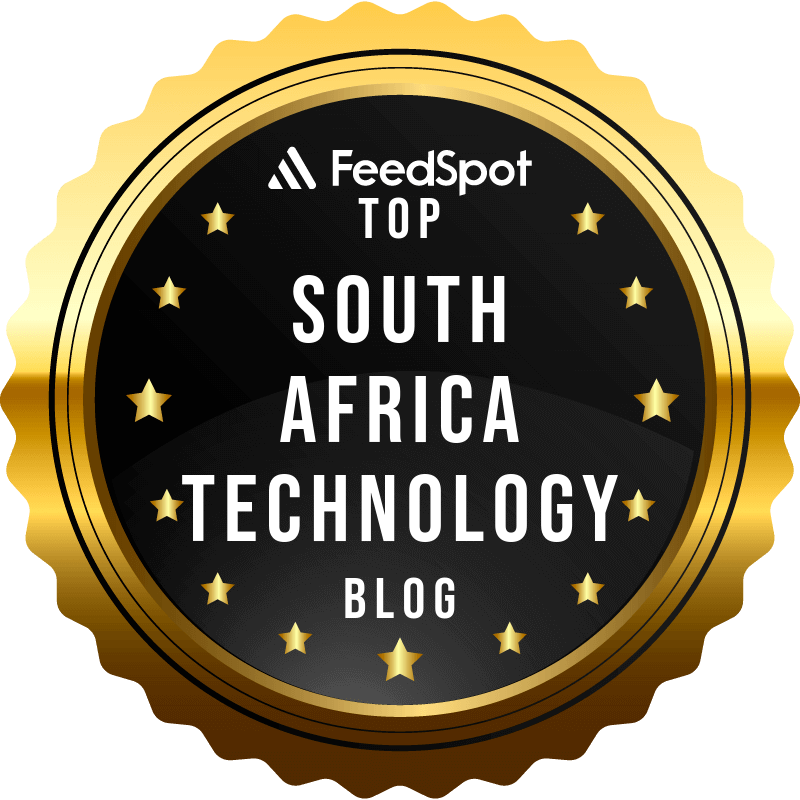In a legal development that could reshape the boundaries of artificial intelligence and copyright law, Microsoft has been sued by a group of prominent authors who allege the tech giant used their books without permission to train its AI model, Megatron. The lawsuit, filed in a New York federal court, accuses Microsoft of leveraging a dataset of nearly 200,000 pirated books to develop its AI capabilities – raising serious questions about intellectual property rights in the age of generative AI.
Authors including Pulitzer Prize winner Kai Bird, essayist Jia Tolentino, and historian Daniel Okrent claim that Microsoft used illegally obtained digital copies of their works to train Megatron, a model designed to generate human-like text responses. According to the complaint, the AI was trained to mimic the syntax, tone, and thematic elements of the original works, effectively creating derivative content without consent or compensation.
The plaintiffs are seeking statutory damages of up to $150,000 per infringed work and a court order to halt further use of their material. Microsoft has yet to issue a public response to the lawsuit.
This case is part of a growing wave of legal challenges targeting major AI developers. Companies like Meta, Anthropic, and OpenAI – some of which are backed by Microsoft – are also facing lawsuits over the alleged unauthorized use of copyrighted content in AI training datasets. Just a day before the Microsoft suit was filed, a California judge ruled that Anthropic’s use of copyrighted books for AI training constituted “fair use” under U.S. law, but the company may still be liable for using pirated copies.
The ruling marked the first major U.S. decision on the legality of using copyrighted materials for generative AI, setting a precedent that could influence the Microsoft case.
For South Africa’s burgeoning tech and creative sectors, this lawsuit is more than just a headline – it’s a cautionary tale. As local startups and developers increasingly explore AI, the case underscores the importance of ethical data sourcing and respect for intellectual property. South African authors and publishers, many of whom are already navigating the challenges of digital piracy, may find themselves watching this case closely for its potential ripple effects.
Moreover, the outcome could influence how South African courts interpret similar disputes in the future, especially as the country works to modernize its copyright laws in line with global digital trends.
At its core, the lawsuit raises a fundamental question: Can AI innovation coexist with the rights of human creators? Tech companies argue that training AI on existing works constitutes transformative use, essential for progress. But authors and artists contend that their livelihoods are being undermined by systems that replicate their voices without acknowledgment or remuneration.
As the legal battle unfolds, it’s clear that the AI industry is approaching a critical inflection point – one where the balance between innovation and ethics must be carefully negotiated.
This case could become a landmark moment in the global conversation about AI, creativity, and copyright. For South African readers and tech enthusiasts, it’s a timely reminder that the future of technology must be built not just on data, but on principles.




